Haircare
Thinning hair can be a nightmare for women and men alike. Even if your hair is simply getting less dense gradually rather than falling out in clumps or leaving bald patches, hair loss can damage your self-esteem and emotional well-being.
So if your hair is thinning, don’t ignore the problem, because it probably won’t go away on its own. Instead, find out what is causing the problem and learn what steps you can take to slow down or reverse the hair loss. That includes options such as tweakments and surgery to haircare and lifestyle factors.

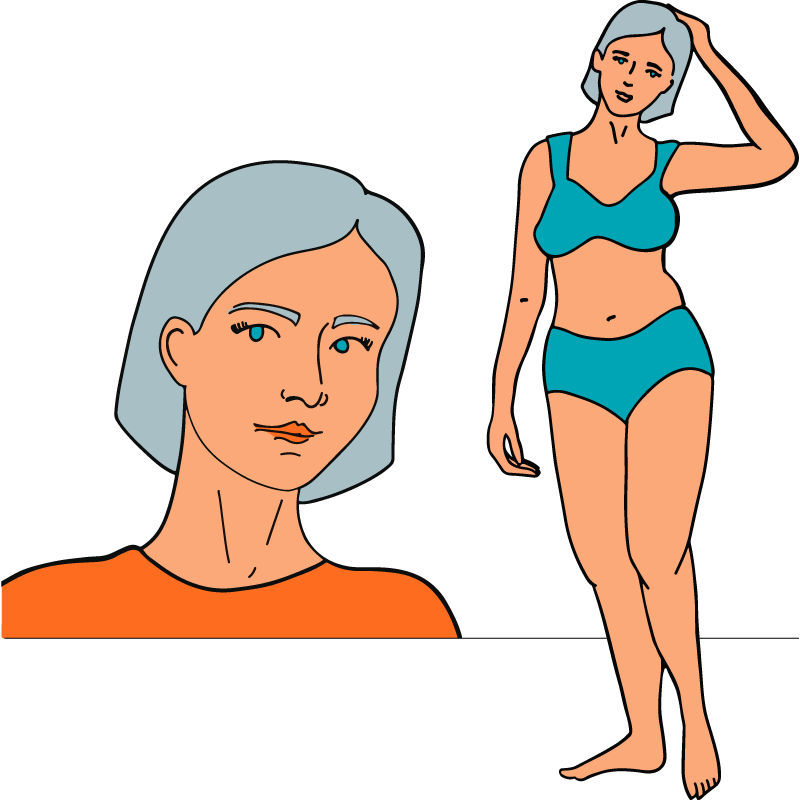

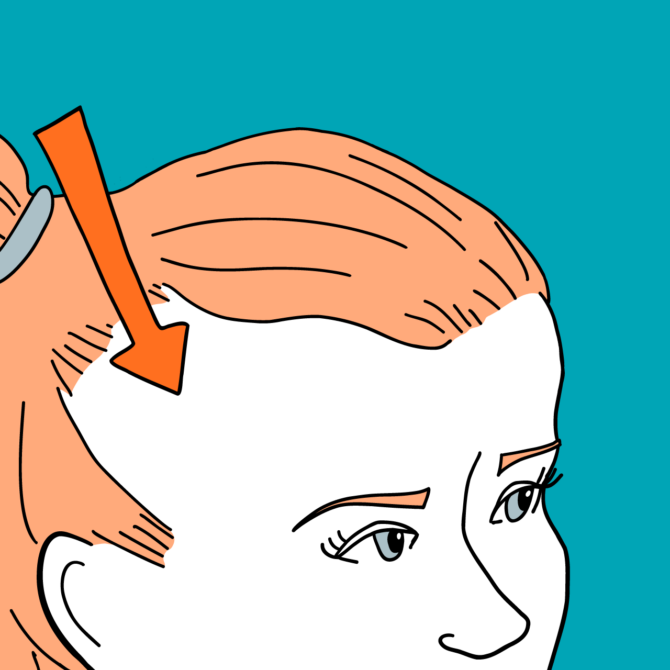
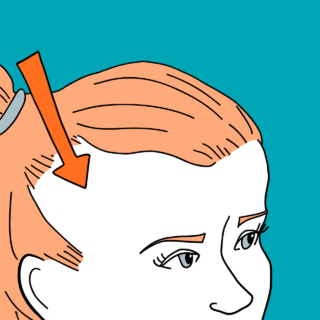
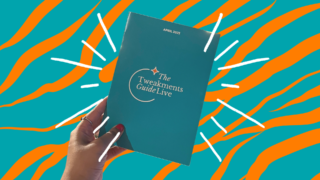
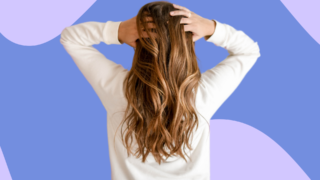
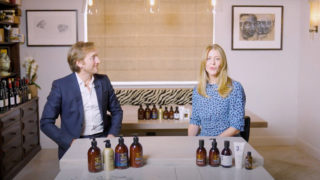
 The Tweakments Chatbot
The Tweakments Chatbot